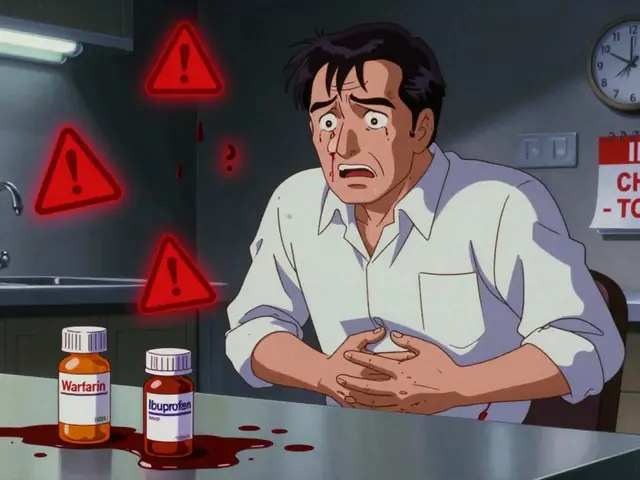Parkinson's Disease Specialist: Your Guide to Choosing the Right Expert
If you or a loved one has Parkinson’s, the first step is finding a doctor who really gets the disease. A Parkinson’s disease specialist isn’t just any neurologist – they focus on movement disorders, know the latest meds, and can tailor therapy to your daily life.
Why does this matter? Because Parkinson’s symptoms vary widely. Some people struggle with tremors, others with stiffness or balance issues. A specialist will assess every aspect and create a plan that mixes medication, exercise, and sometimes surgery.
What Services Do Specialists Provide?
Most specialists run comprehensive visits that cover three things: symptom check, medication review, and therapy recommendations. They’ll look at how well levodopa or newer drugs are working, adjust doses, and warn you about side effects. Expect them to suggest physical or speech therapy if needed – those services can slow progression.
Many clinics also offer advanced options like deep brain stimulation (DBS) evaluation. If oral meds stop helping, the specialist can refer you to a surgical team that knows how to place DBS leads safely.
How to Find a Qualified Parkinson’s Doctor
Start with your primary care doctor – they can send you to a neurologist with movement‑disorder credentials. You can also search online directories of the American Academy of Neurology or local PD support groups, which often list doctors who specialize in Parkinson’s.
When you call, ask about their experience: “How many Parkinson’s patients do you treat each year?” and “Do you work with a multidisciplinary team?” A good specialist will have a nurse practitioner or therapist on staff to answer questions between visits.
Check insurance coverage early. Some plans require a referral for a neurologist, while others may need pre‑authorization for DBS evaluation. Knowing the paperwork ahead of time saves headaches later.
Don’t forget to read patient reviews. Real stories from people living with Parkinson’s can reveal how responsive a doctor is about follow‑up calls or urgent concerns.
Finally, trust your gut. Your first appointment should feel collaborative – you ask questions, the doctor explains options clearly, and you leave with a concrete plan. If something feels off, it’s okay to look for another specialist.
Parkinson’s disease is a long‑term journey, but the right specialist makes it easier to manage symptoms, stay active, and maintain quality of life. Use these tips to pinpoint a doctor who matches your needs and start building that partnership today.





